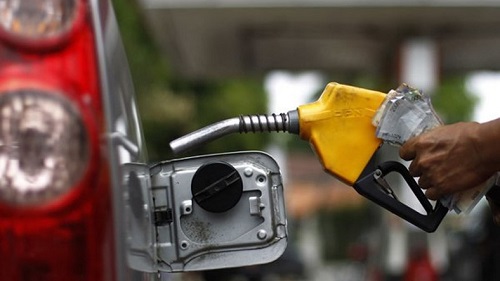Fuel prices in the country have gone up by GHS9p at the various filling stations in the country.
Ghanaians will from today, January 17 be paying more for fuel.
The Institute for Energy Security (IES)Â predicted that oil marketing companies will likely increase the prices of their petroleum products to make up for the marginal price movement of crude oil on the international market.
“Taking into consideration the two percent increment in prices of Crude oil, coupled with the 0.95 percent and 1.01 percent marginal increment in the prices of Gasoil and Gasoline respectively on the international market; the Institute foresees prices of fuel on the local market losing stability,†the energy policy think tank said in a press release.
READ ALSO :  Expect huge increase in fuel prices - Chamber of Petroleum Consumers to Ghanaians
Currently, the national average price of fuel per litre at the pump is still pegged at GH¢5.36 for both petrol and diesel after a scheduled increase in their prices in the first weeks of 2020 was averted by the National Petroleum Authority with the application of the Price Stabilization and Recovery Levy (PSRL).
While the exchange rate performance — a key determinant in the price build-up — improved, the energy policy think tank argues that it would still not be enough to offset the increase in prices of oil on the international market.
Crude oil prices continue to remain above the US$60-dollar margin for this window. Escalation of tension between the United States and Iran saw Brent Crude gaining 6 percent to reach US$70.24 per barrel – the first time prices have hit that amount in more than six months.
Oil prices tumbled as President Donald Trump signaled tensions with Iran eased. Over the last two weeks, Brent crude rose marginally from $65.43 per barrel to close at $66.74 per barrel on average terms.
Explaining the reasons for the increase, Chief Executive of COPEC, Duncan Amoah said, "Now you have come to a situation where most of them had to sell taking a hit of some 5pesewas even for the January first window and that leaves us with what then happens with the second window, the cedis seems to have stabilised a bit not doing too badly, but international market factors are still dragging, you find increases in particularly diesel that has gone up sharply, petrol is not doing too badly but where they need to pegged this two at the same time you expect that they will not add everything onto diesel so there is a balancing and some bit of it goes to offset what they should have lost from petrol...."





